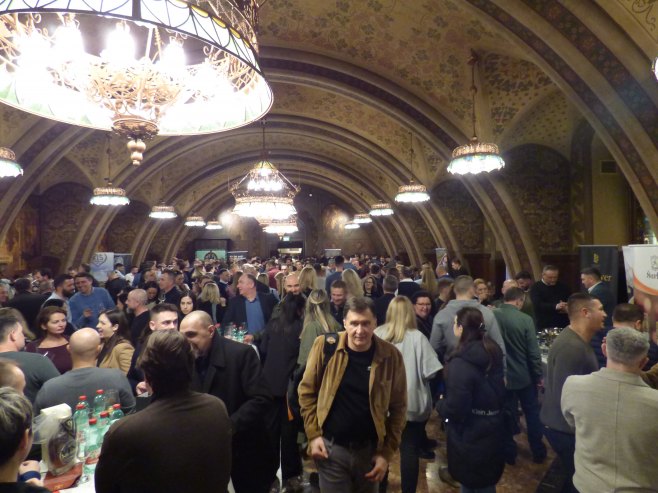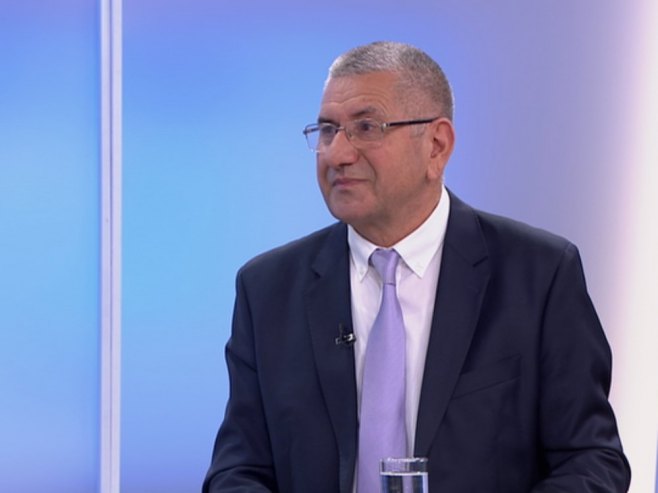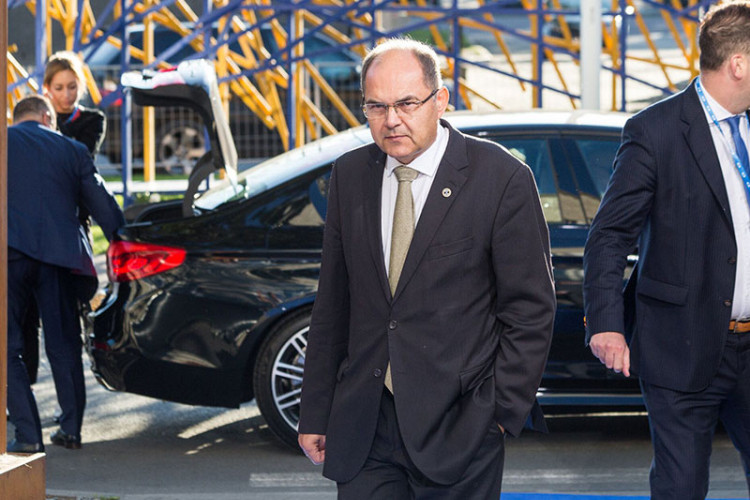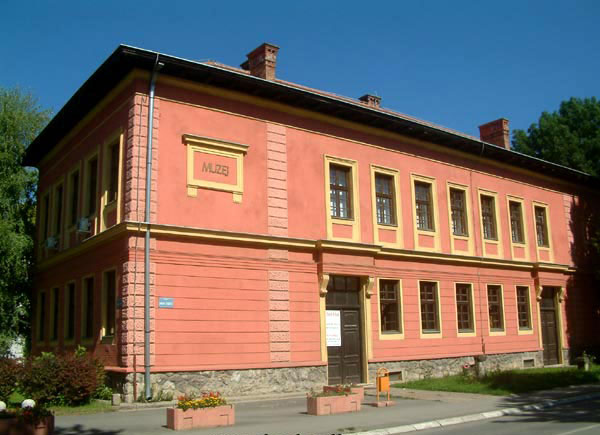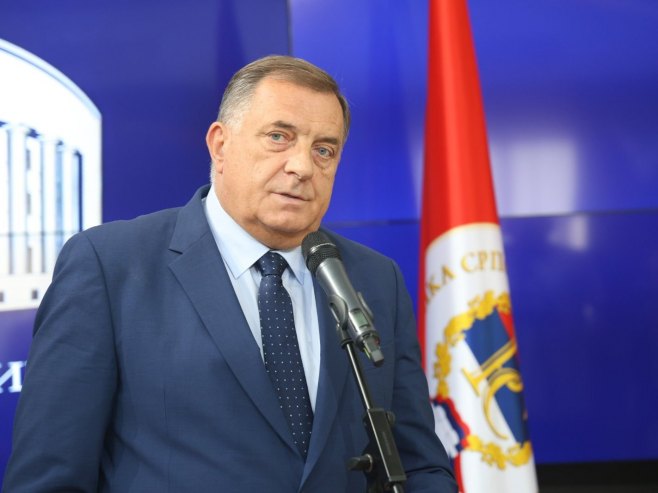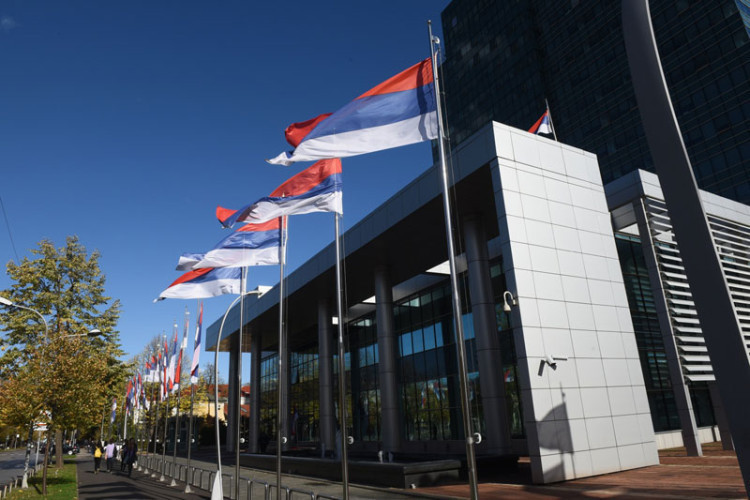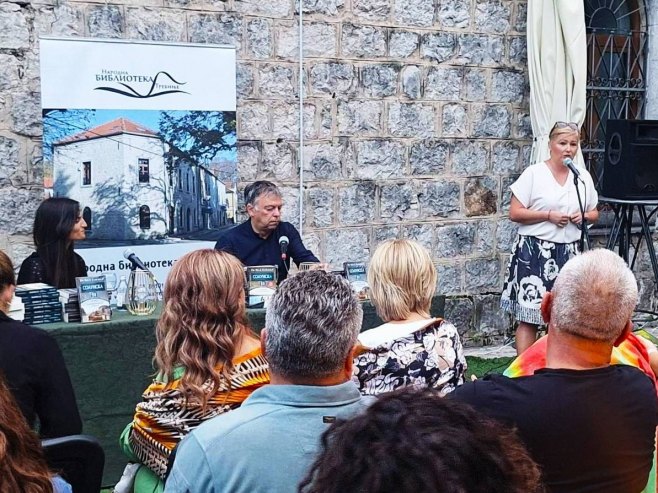By supporting the decision to call early elections for the president of Republika Srpska, members of the Central Election Commission of BiH once again showed that they act solely in the interest of those power centers whose only goal is to undermine the constitutional and legal order of BiH and Republika Srpska, under the instructions of Christian Schmidt and certain foreign interest groups. This was the message of many political actors both in Srpska and beyond, said former CEC president Branko Petrić, speaking on RTRS Morning Program.
Petrić stated that the current situation is complicated and full of uncertainties. He recalled that after his removal from the CEC, Bakir Izetbegović and Ahmet Avdić declared that it was the greatest success of Bosniak politics in the last decade, as they changed the composition of the CEC so that it now unquestioningly does what is demanded of it.
When it comes to the elections scheduled by the CEC for November 23, Petrić emphasized that the CEC had no choice but to call some sort of elections, but what those elections would look like is not within its jurisdiction – it is a constitutional and legal matter.
“This issue has not been resolved when it comes to the president of Republika Srpska, although it is resolved in the case of the members of the BiH Presidency from the Federation. In such a deeply divided society, the president of Republika Srpska has two vice presidents. There are national quotas in the parliaments, and the method of electing the president and vice presidents is prescribed: all run from three separate lists, all three receive mandates, with the one who receives the most votes becoming president and the other two becoming vice presidents,” Petrić recalled.
On the matter of the termination of a mandate, he stressed that the law is very clear.
“The question now is whether the mandate ended in accordance with the Constitution and the law. According to Schmidt’s decision, yes – but the Constitution states that the president’s mandate can only end through resignation or recall. It also hasn’t been resolved whether the termination of the president’s mandate also ends the mandates of the vice presidents. When President Milan Jelić passed away, only a president was elected. If that was legitimate then, a model from the BiH level could have been applied here, where there is a law on filling vacant positions – and another body could have elected the president,” Petrić explained.
He illustrated this with a hypothetical scenario, noting that the vice president from the Croat people was elected with just over 2,000 votes.
“Imagine if the Croat vice president’s mandate ended – would elections be held with a million people voting? Or would the Croat Caucus in the Council of Peoples elect a new vice president? Many questions remain unresolved. Their dilemma is legitimate, but it was raised too late – first the question should have been resolved whether and for whom exactly the mandate ended,” Petrić said.
In recent days, the public has also raised the issue of whether Republika Srpska faces a scenario similar to that in northern Kosovo, and whether it is possible for a president of Republika Srpska to be elected from the Federation of BiH.
“At 48 polling stations in the Federation, between one and ten people registered, formally listed in Republika Srpska but living in the Federation as displaced persons. They are voters for Bosniak candidates. There are only a few dozen of them, and they cannot decide anything – even if they all voted. In the last elections, there were a total of 7,594 votes cast by mail, mobile teams, in hospitals, prisons, and home voting. So they cannot determine the outcome. Theoretically, they could – only if elections were not held at over 2,000 polling stations, if no one turned out, and all ballots were invalid. Then only those votes – from Brčko, mail, and these individuals – would be counted. But that is practically impossible,” Petrić emphasized.
He pointed out that the elections held in Kosovo and Metohija were actual elections, because local authorities opened polling stations and conducted voting.
“Five or six people came out, votes were counted, and results declared. Here that is almost impossible. If elections are not held at 2,239 polling stations, results cannot be determined and no mandate can be allocated,” Petrić stressed.
Another frequently discussed issue was whether candidates who change their nationality can even run.
“Manipulations have existed since the beginnings of democracy, even during Austro-Hungarian rule in BiH, when quotas were introduced and later extended into the Kingdom and socialist Yugoslavia. Ethno-national principles exist to protect the collective rights of certain groups – and this is a security issue for their survival. There are constant attempts to bypass this principle,” Petrić said.
He added that during his tenure as CEC president, this was recognized as a major problem and partially limited.
“We managed to limit it somewhat by amending the election law – so that anyone who changed their nationality in the last four years could not be a candidate. This applied only to candidates. But if we consider that many politically credible individuals were never candidates, they could write whatever they wanted. Many also changed their residence before the closing of the voter roll. So, only those who changed nationality in the past four years could be excluded – if it was proven the motive was clearly manipulative, to gain a position reserved for another people. The consequences of this for others could be catastrophic,” Petrić warned.
When asked whether Christian Schmidt could change the rules by decree in the middle of the election process, Petrić said this is not legally possible.
“I don’t know how he could do it, not even him – despite his arrogance. Unfortunately, such behavior suits some. It’s hard to imagine that rules could be changed by decree in a way that would be legally sustainable. The rules must not be changed during the game. Any such change in the election process represents an adjustment to unlawful interests. But given the domestic situation and the fact that no one seriously opposes such behavior – nothing is impossible anymore,” Petrić concluded.
Source: RTRS
